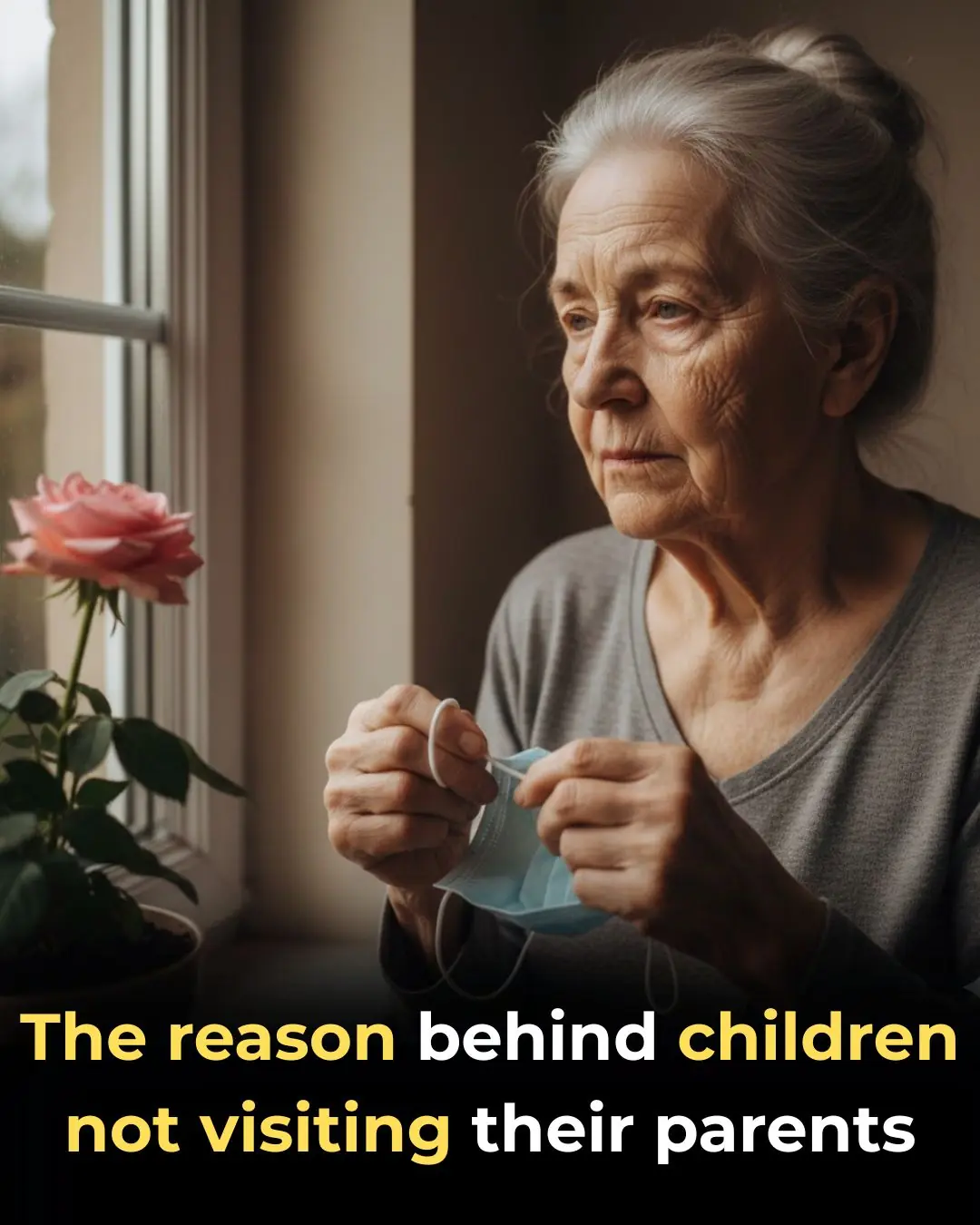
Closing Prisons, Strengthening Communities: The Netherlands’ Remarkable Shift
Over the past decade and a half, the Netherlands has experienced one of the most significant declines in incarceration rates anywhere in Europe—a shift so substantial that many of the country’s prison facilities are no longer required. What began as a gradual decrease in inmate numbers in the late 2000s has now evolved into a long-term structural change in the nation’s criminal justice system.
Since that period, more than 19 prisons have closed, according to reports from BBC News (2017) and The Guardian (2016). The trend has continued into the 2020s, with additional facilities either shutting down or being repurposed for temporary housing, cultural projects, or detention agreements with other countries. Rather than reflecting a crisis, these closures signal a deliberate shift in how the Netherlands approaches crime, punishment, and social rehabilitation.
A combination of factors explains this transformation. First, national crime rates have steadily declined for years. Data from the Dutch Ministry of Justice and Security (2023) shows reductions in both violent and property crime, mirroring broader European patterns. Second, Dutch courts increasingly rely on shorter prison sentences and alternative sanctions such as electronic monitoring, community service, and restorative-justice programs. The Council of Europe’s SPACE Report (2023) confirms that the Netherlands maintains one of the lowest incarceration rates in the European Union, with the prison population dropping by more than 40% since the early 2000s.
Rehabilitation and prevention are also central to the Dutch model. Rather than expanding correctional infrastructure, the government has invested in mental-health services, early-intervention strategies, and post-release reintegration. Programs focus on reducing reoffending by addressing the root causes of criminal behavior—such as addiction, unemployment, and unstable housing. Research from the Netherlands Institute for Crime and Law Enforcement (NSCR) indicates that these measures contribute to relatively low recidivism compared to many other Western nations.
The decline in inmate numbers has created practical consequences as well. With surplus capacity in its prison system, the Netherlands has entered agreements to house prisoners from Norway and Belgium, allowing other countries to manage overcrowding while keeping Dutch facilities in use—an arrangement documented by BBC News and considered unprecedented in modern Europe.
Rather than interpreting these closures as a sign of reduced security, policymakers and researchers highlight them as evidence of a system built on proportional sentencing and long-term social outcomes. By prioritizing prevention and rehabilitation over expansion and incarceration, the Netherlands demonstrates that criminal-justice reform can reshape both public safety and community well-being.
In a global context where many nations continue to struggle with overcrowded prisons and rising correctional costs, the Dutch example offers an alternative path—one where fewer prisons can coexist with safer societies, and where supporting individuals ultimately strengthens the community as a whole.
News in the same category


The Quiet Billionaire: How Epic Systems’ Founder Is Donating Nearly All Her Wealth

Utqiaġvik’s Polar Night: Sixty-Seven Days Without a Sunrise in Alaska’s Northernmost City

A Remarkable Encounter: How a Sparrow’s Nest Was Left Standing Amid 200 Fallen Plants

Innovative Mobility: Denmark’s Mobile Markets Enhancing Food Access for Seniors

Revolutionary Miniature Implant Offers New Hope for Restoring Vision in Macular Degeneration Patients

A Simple Superfood That Enhances Your Baby's Brain Development During Pregnancy

Nature’s Defense: How Guava May Support Liver Health and Fight Cancer Cells

The Powerful Role of Eggs in Supporting Early Memory and Learning in Babies

📱 The End of Wallet Clutter: Apple’s Digital ID Revolutionizes Identity Verification and Travel

Lighting the World Without Batteries: A Teen’s Breakthrough in Thermoelectric Innovation

Judy Faulkner: The Billionaire Tech Entrepreneur Pledging 99% of Her Fortune to Philanthropy

🤝 The Collaborative AI Future: OpenAI Launches WhatsApp-Like Group Chats in ChatGPT

Unlocking Nature’s Medicine: How Fermented Stevia Could Transform Future Cancer Treatment

True Devotion in Fatherhood: The Power of Showing Up, No Matter the Circumstances

🇯🇵 Innovation with Compassion: Japan's Heated Benches Offer a Practical Solution to Protect the Homeless

🔦 Stepping into the Upside Down: How Netflix is Revolutionizing Fan Engagement with Immersive Stranger Things Experiences in London

Historic Transcontinental Robotic Surgery: Doctor in Rome Performs Live Surgery on Patient in Beijing

🧠 The Nocturnal Rinsing Cycle: Deep Sleep, CSF Dynamics, and the Fight Against Alzheimer's
News Post

From Endangerment to Recovery: The Remarkable Journey of the Haleakalā Silversword

The Quiet Billionaire: How Epic Systems’ Founder Is Donating Nearly All Her Wealth

Utqiaġvik’s Polar Night: Sixty-Seven Days Without a Sunrise in Alaska’s Northernmost City

A Remarkable Encounter: How a Sparrow’s Nest Was Left Standing Amid 200 Fallen Plants

Innovative Mobility: Denmark’s Mobile Markets Enhancing Food Access for Seniors

Unlock Radiant Skin: The Ultimate Guide to Using Beetroot Gel for Glowing, Spotless Skin

Fenugreek Seeds for Hair Growth: The Power of Fenugreek Hair Rinse and Its Benefits for Hair

Japanese Milk Wax To Get Rid Of Unwanted Facial Hair

When Will I Outgrow My Acne? The Difference Between Adult and Teen Acne

5 Mascara Tips For Short Lashes

LEVEL UP YOUR LASH GAME: Top 5 Tips for Eyelash Extension Success!

Forehead Acne and What to Do About It

11 Common Eyebrow Mistakes Women Make in Their 60s (And How to Fix Them!)

How to Prevent and Treat Age Spots: Expert Tips for Radiant Skin

5 Ways Your Skin Changes as You Age and How to Keep It Vibrant

DIY Fenugreek Oil for Hair Growth – Get Thick Hair

Brow Boosting Serum: The Natural Way to Achieve Full, Thick Eyebrows

Why You Should Be Putting Salt in Your Toilet
